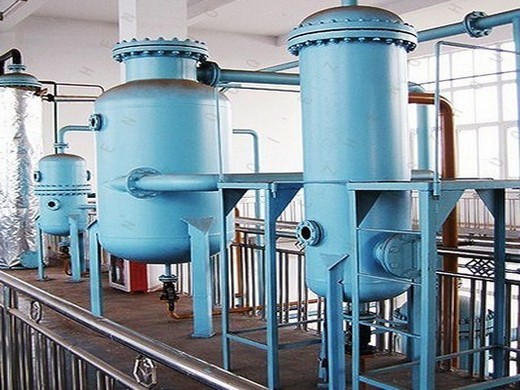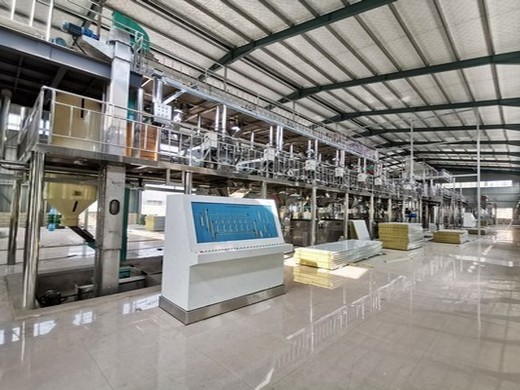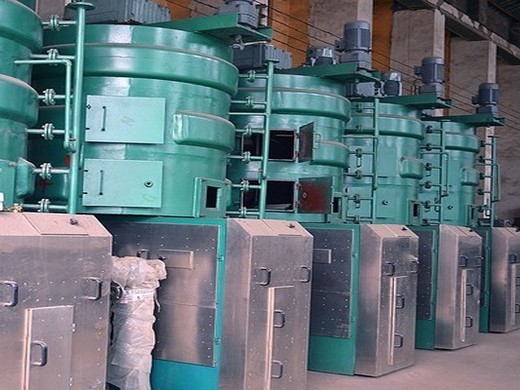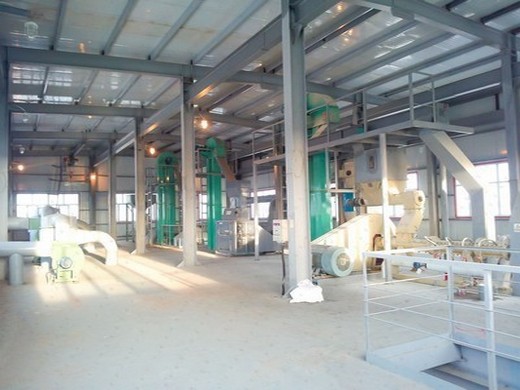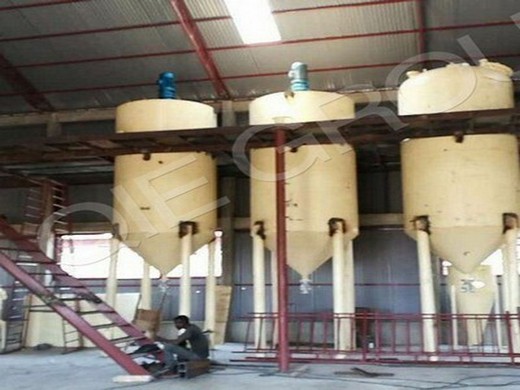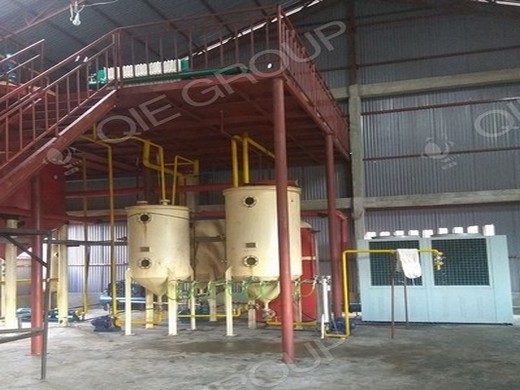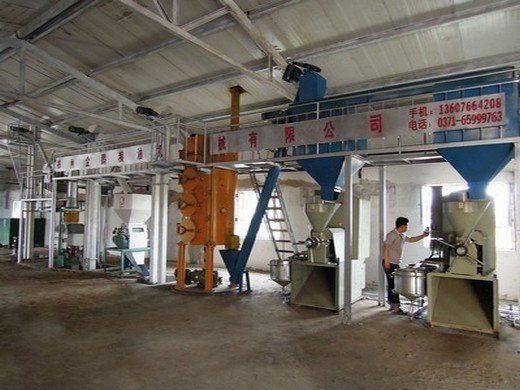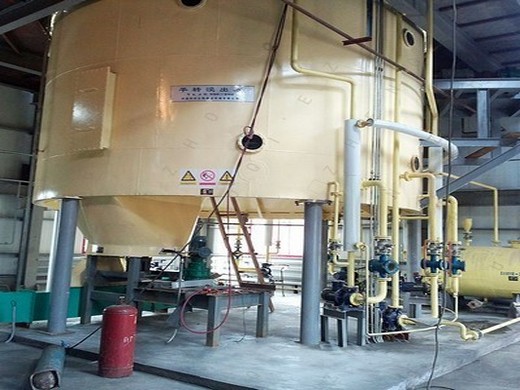Non-Edible Vegetable Oils as Renewable Resources
To overcome this dilemma, biodiesel production from non-edible oils that has high free fatty acid was conducted by several methods; two/three stages reaction, acid-catalyzed esterification and alkaline-catalyzed transesterification; enzymatic process; and supercritical methanol [36, 37]. In enzymatic process, water content in the raw material does not interfere to the reaction conducted in low temperature.
An interesting case of biodiesel production from edible vegetable oils is India, where about 46% of the needed amounts for the domestic requirements are imported [23]. Therefore, non-edible oils from jatropha, karanja, neem, mahua and other plants are the only possibility for biodiesel production.
Non-Edible Plant Oils as New Sources for Biodiesel Production
seed kernels, was on average 51.8% of seed weight. The oil from soapnut has been considered a non- edible oil having significant potential for biodiesel production from the material which otherwise is a waste material. Figure 1 and 2 are the soapnut tree showing fruit, seed, seed shell and the kernel.
Biodiesel is an alternative to petroleum-based fuels derived from a variety of feedstocks, including vegetable oils, animal fats, and waste cooking oil. At present, biodiesel is mainly produced from conventionally grown edible oils such as soybean, rapeseed, sunflower, and palm.
Non-Edible Plant Oils as New Sources for Biodiesel Production
Hence, the contribution of non-edible oils such as jatropha and soapnut will be significant as a non-edible plant oil source for biodiesel production. Jatropha is grown in marginal and waste lands with no possibility of land use competing with food production.
Edible Oil Company LLC The Edible Oil Company LLC [EOCD], established in 2006, is one of the largest multi-seed crushing plants in the Middle East, with a facility spread over 70,000 square metres at the Jebel Ali Free Zone in Dubai.
Biodiesel production from non-edible plant oils
Biodiesel production from non-edible plant oils
Biodiesel production from non-edible plant oils. Biodiesel is an alternative to petroleum-based fuels derived from a variety of feedstocks, including vegetable oils, animal fats, and waste cooking oil. At present, biodiesel is mainly produced from conventionally grown edible oils such as soybean, rapeseed, sunflower, and palm.
Non-Edible Vegetable Oils as Renewable Resources
Biodiesel derived from plant species has been a major renewable source of energy and has received global interest mainly due to climate change issue. It has increasingly received worldwide attention as a promising alternative fuel. Growing interest in biodiesel production from edible oil brings scarcity in food supply. To overcome this problem, utilization of non-edible oils could be explored
may compete with food supply in the long-term. Hence, the recent focus is to find oil bearing plants that produce non-edible oils as the feedstock for biodiesel production. In this paper, two plant species, soapnut (Sapindus mukorossi) and jatropha (jatropha curcas, L.) are discussed as newer sources of oil for biodiesel production.
Native Plant Oils – fs.fed.us
Non-Edible Plant Oils. Although most vegetable oils end up in foods, large quantities are used by industry for the manufacture of non-edible products. Sunflower oil has industrial uses in certain paints, varnishes, and plastics.
Biodiesel Production From Non-Edible Plant Oils: A Big
ExxonMobil is investing in the production of biodiesel production from non-edible plant oils. Unlike traditional plant sources, the company is going into a new fermentation technology which uses non-traditional sources of sugar-rich plants.
Biodiesel production from non-edible plant oils
From economic and social reasons, edible oils should be replaced by lower-cost and reliable feedstocks for biodiesel production such as non-edible plant oils. This paper reviews various methods for biodiesel production from common non-edible oils employing alcoholysis reactions.
Journal of Chemical and Pharmaceutical Research, 2012, 4(9
Non-edible plant oils have been found to be promising crude oils for the production of biodiesel. World annual petroleum consumption and vegetable oil production is about 4.018 and 0.107 billion tons, respectively [1]. The cost of biodiesel and demand of vegetable oils can be reduced by non-edible oils, instead of vegetable oil.
Non-Edible Plant Oils as New Sources for Biodiesel Production
Moreover, these oils could be more expensive to use as fuel. Hence, the contribution of non-edible oils such as jatropha and soapnut will be significant as a non-edible plant oil source for biodiesel production. Jatropha is grown in marginal and waste lands with no possibility of land use competing with food production.
Cooking oil production down 40 pc amid coronavirus
While shipments of edible oil increased to 149.13 lakh tonnes in the 2024-19 marketing year from 145.16 lakh tonnes in the previous year, the imports of non-edible oil grew to 6,36,159 tonnes from
Biodiesel production from non-edible plant oils
From economic and social reasons, edible oils should be replaced by lower-cost and reliable feedstocks for biodiesel production such as non-edible plant oils. This paper reviews various methods for biodiesel production from common non-edible oils employing alcoholysis reactions.
Journal of Chemical and Pharmaceutical Research, 2012, 4(9
Non-edible plant oils have been found to be promising crude oils for the production of biodiesel. World annual petroleum consumption and vegetable oil production is about 4.018 and 0.107 billion tons, respectively [1]. The cost of biodiesel and demand of vegetable oils can be reduced by non-edible oils, instead of vegetable oil.
Cooking oil production down 40 per cent amid Coronavirus
Adani Wilmar, which sells edible oils under the Fortune brand, on Saturday said production of cooking oils has declined by 40 per cent due to labour shortage in the current lockdown, resulting in
Production, Characterization and Process Variables
Most of the biodiesel was prepared from edible oils like soyabean, rapeseed, sunflower, safflower, canola, palm and fish oil. Cost of edible oils is very higher than Petroleum Diesel and we use edible oils for biodiesel production leads food oil crisis. The above problem can solved by using cheapest, low cost non edible plant oils such as Neem
Non-Edible Plant Oils as New Sources for Biodiesel Production
Non-Edible Plant Oils as New Sources for Biodiesel Production
Chapter 2 Introduction to Biodiesel Production
Besides its lower cost, another undeniable advantage of non-edible oils for biodiesel production lies in the fact that no foodstuffs are spent to produce fuel [4]. These and other reasons have led to medium- and large-scale biodiesel production trials in several countries, using non-edible oils such as castor oil, tung, cotton, jojoba and jatropha.
Non-Edible Plant Oils as New Sources for Biodiesel Production
Hence, the recent focus is to find oil bearing plants that produce non-edible oils as the feedstock for biodiesel production. In this paper, two plant species, soapnut (Sapindus mukorossi) and jatropha (jatropha curcas, L.) are discussed as newer sources of oil for biodiesel production.
Production of biodiesel from nonedible plant oils having
These oils are essentially edible in India and other developing countries. On the other hand, diversion of edible oils as feed stocks for biodiesel production leads to food crisis. Therefore this research mainly concentrates the non-edible oils as feed stocks for biodiesel production to reduce the cost of biodiesel.
Review Article PRODUCTION OF BIODIESEL FROM NON EDIBLE OIL
cooking oils and non-edible oil for biodiesel production has the advantage of their low price. Used vegetable oil is described as a 'renewable fuel' as it does not add any extra carbon dioxide gas to the atmosphere, as opposed to fossil fuels, which cause changes in the atmosphere (Mulimani et al ., 2012).
Non-Edible Plant Oils as New Sources for Biodiesel Production
Non-Edible Plant Oils as New Sources for Biodiesel Production
Biodiesel from Non Edible Oil Seeds: a Renewable Source
In order to overcome this devastating phenomenon, suggestions and research have been made to produce biodiesel by using alternative or greener oil resources like non-edible oils. The non-edible vegetable oils such as Madhuca indica, Jatropha curcas and Pongamia pinnata are found to be suitable for biodiesel production under the experimental
Projects on Edible Oils – Entrepreneur India
Edible oils are most often plant-based oils, which are similar, if not the same as those produced by the industrial biotech industry for use as biofuels such as biodiesel, for use in cosmetics, and in other everyday biotech products. Edible oils may be solid or liquid at room temperature.
Review Article PRODUCTION OF BIODIESEL FROM NON EDIBLE OIL
Production of Biodiesel from Non Edible Oil and its Properties 1546 Biodiesel is an alternative fuel made from renewable biological sources such as vegetable oils both (edible and non edible oil) and animal fats (Antony Raja et al ., 2011).
Characterization of Non-Edible Plantsfor Biodiesel Production
engines, the present work is a study of some seeds which are known to contain oils and are also non-edible, such as orange oil, mango oil, tangerine oil, watermelon oil, avocado oil, velvet tamarind oil etc. The results of these studies are discussed in this work. There are two types of oils; edible and non-edible oils.
Plant Seed Oils and Their Potential for Biofuel Production
Themes of interest to this Research Topic include: • Identification of new plant seed oils and development of engineered plant seed oils that could be used as feedstocks for biodiesel production with focus on non-edible oils • Sustainable lipids production from microalgae as feedstocks for biodiesel production • Advances in extraction
How to Start Edible & Non Edible Oil Industry
Increasing environmental pollution concerns and diminishing petroleum reserves has brought in attention towards the use of non edible vegetable oils as an alternative to petroleum oil based lubricants. Non edible vegetable oil plant contains high amount of oil in its seeds which can be converted into biolubricant.
Biodiesel production from non-edible plant oils
Biodiesel production from non-edible plant oils
Production and Evaluation of Biodiesel from Field
Field pennycress (Thlaspi arvense L.) oil is evaluated for the first time as a feedstock for biodiesel production. Biodiesel was obtained in 82 wt % yield by a standard transesterification procedure with methanol and sodium methoxide catalyst at 60 °C and an alcohol to oil molar ratio of 6:1. Acid-catalyzed pretreatment to reduce the acid value of crude field pennycress oil resulted in a


